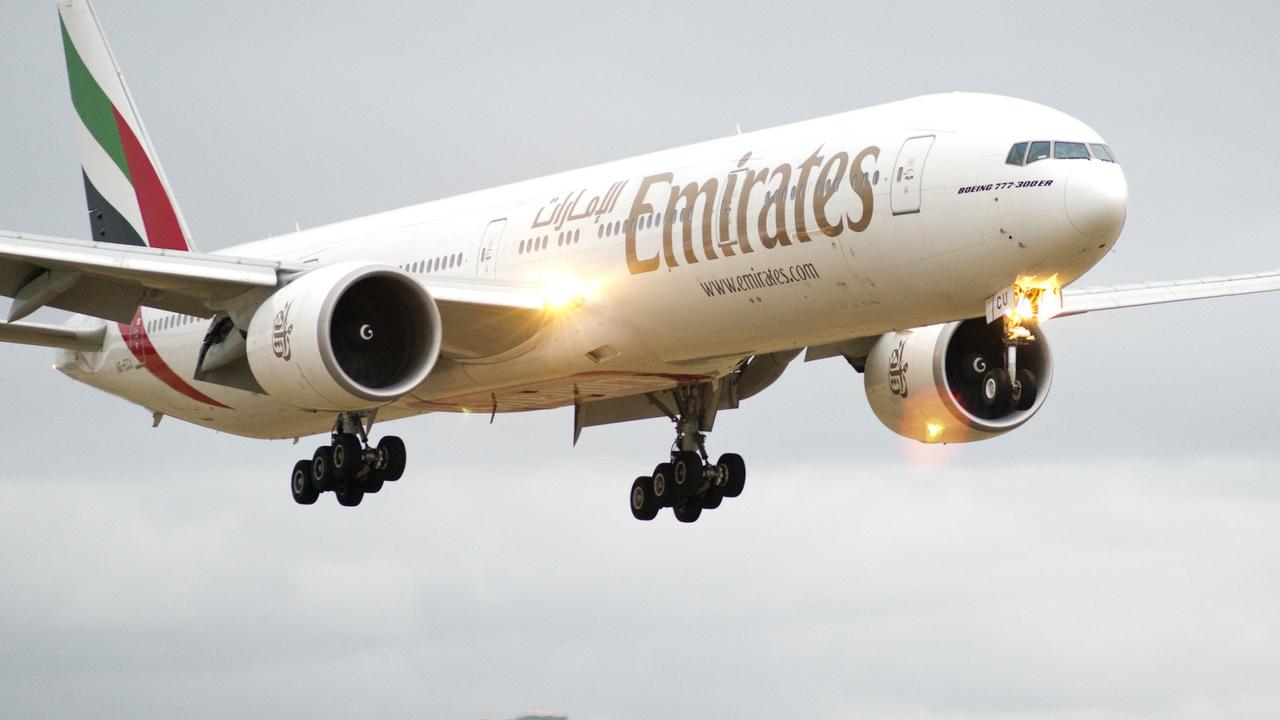Qantas’ half yearly results reveal $1.25 billion profit
Qantas CEO Vanessa Hudson has revealed how much the airline has made since she took over almost six months ago.
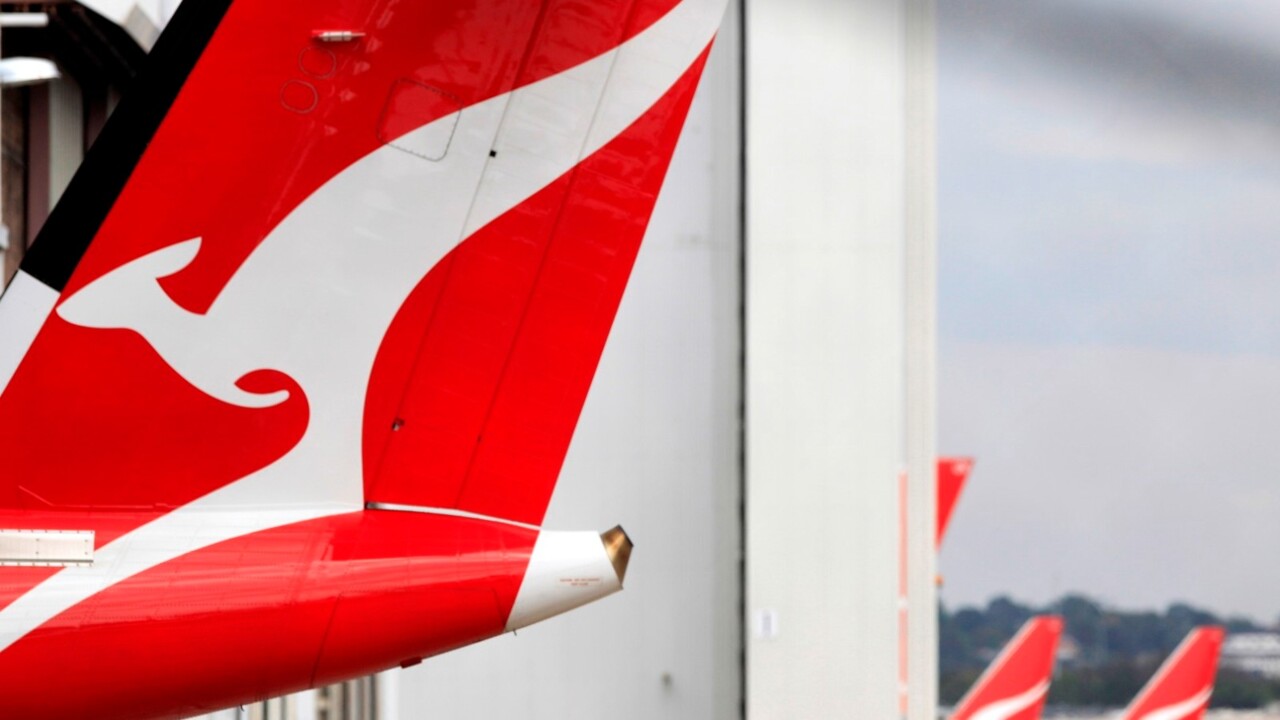
Qantas has posted an underlying profit before tax of $1.25 billion for the first half of the financial year, under new boss Vanessa Hudson.
It’s a 13 per cent drop compared to the same period of FY23. The half yearly report ending December 31 also revealed the airline had a statutory profit after tax of $869 million, also down 13 per cent and an overall net debt of $4 billion.
The airline cited lower fares as a contributing factor to reduced revenue per available seat kilometre which had around a $600 million impact on profit, while freight yields fell by $146 million.
However, it said this was mostly offset by contribution from increased flying of $485 million and unwinding of transition costs from the post-covid restart of $179 million.
Qantas Group CEO Vanessa Hudson said there’s a lot of work happening at the company to “lift” service levels and the “early signs are really positive” — adding she’s “really proud” of the profit result.
“It’s a really good result,” Ms Hudson said during a press conference on Thursday.
“Airfares have come down but we’re also investing in our customers.
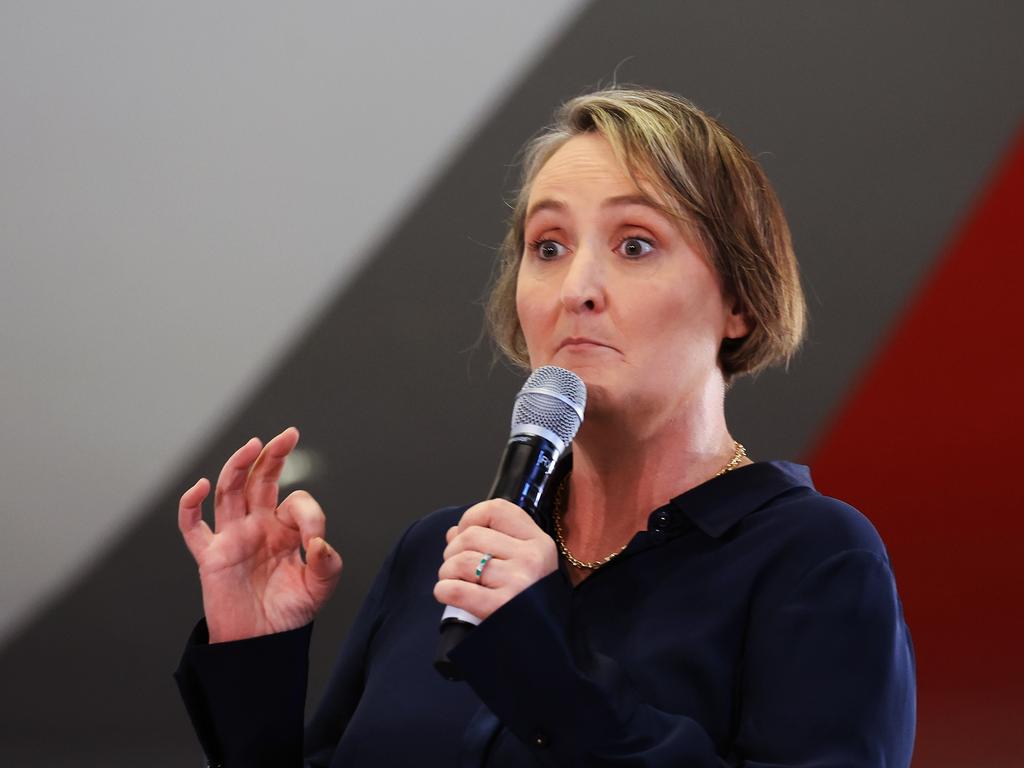
“Our customer satisfaction scores have bounced back strongly since December and we have more service and product improvements in the pipeline.
“Having the financial strength to keep investing is key, and that makes the strong performance that all business units had in the first half so important.”
She also said that millions of Australians rely on them and “we’ve heard their feedback loud and clear”.
“We understand the need for affordable air travel and fares have fallen more than 10 per cent since peaking in late 2022. At the same time, we’ve seen a cost benefit from fewer cancellations and delays, and scale benefits as more international flying returns.”
Ms Hudson took over as CEO in September after Alan Joyce announced he would be bringing forward his retirement by two months so the airline could “move ahead with its renewal” under new management.
It came after a tumultuous couple of weeks, including the consumer watchdog seeking to penalise the airline by more than $250 million for allegedly selling sale tickets for already-cancelled flights.
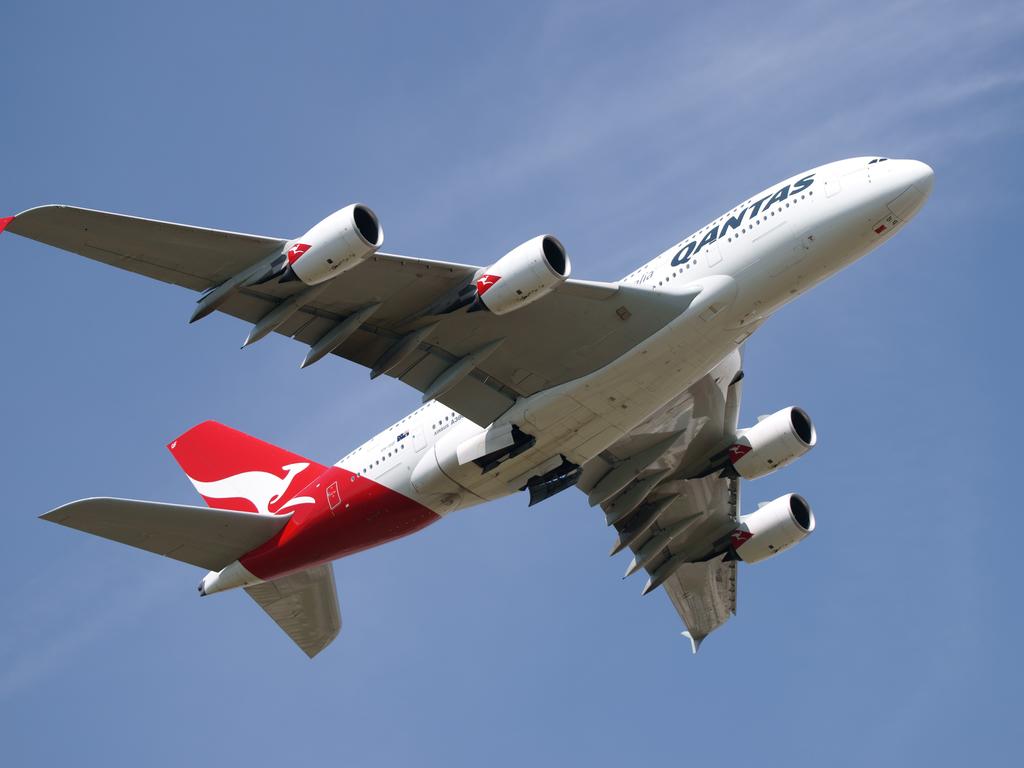
In the six months since taking over, Ms Hudson said she’s done “a lot more listening than talking”.
“I’ve been doing more acting than promising. I think that’s also really important.”
Ms Hudson increased spending in areas including call centre training and customer support, and made more seats available for air miles to win back passengers who felt neglected during Joyce’s tenure.
“Our people have been instrumental in the initial recovery we’re seeing and I thank them sincerely. The journey we’re on will take time, but the spirit they are bringing is fantastic and it’s made us optimistic about what we can achieve together,” she said on Thursday.
“I want to thank our customers and our partners for their support as we keep working to make the Qantas Group an organisation that everyone is proud of.
“We need to deliver a service that is consistently better in order to succeed long term, and that’s what we’re focused on,” Ms Hudson added.
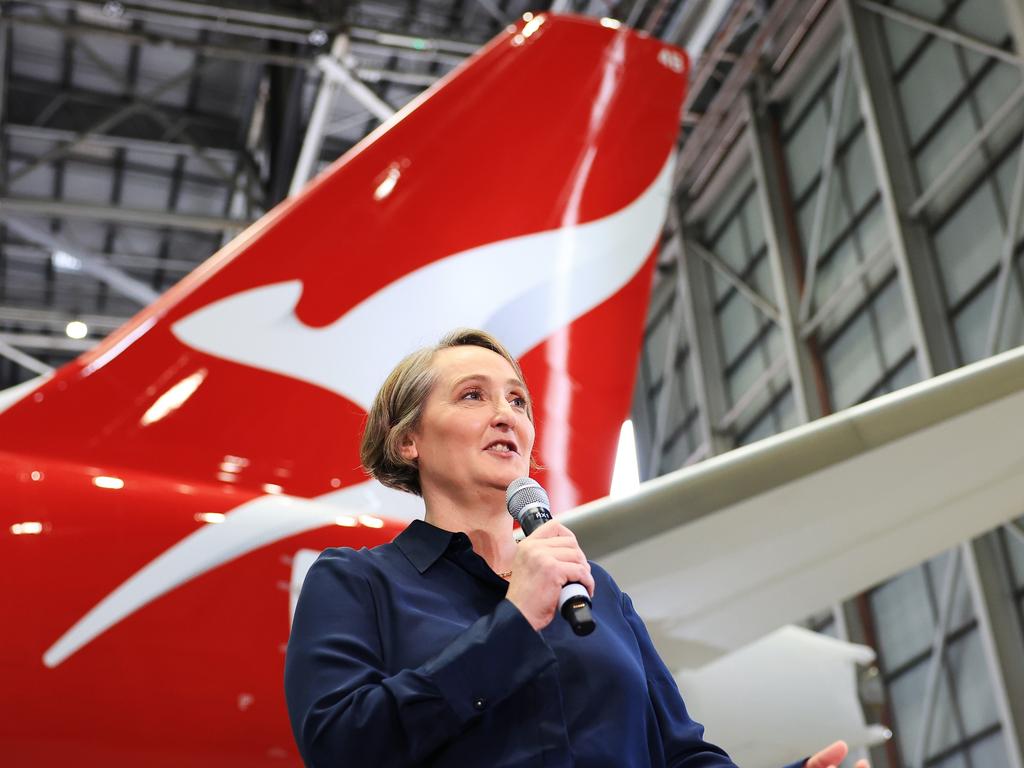
Pain points
Ms Hudson said the airline is working hard listening to what customers want, adding that some of the pain points customers raise is on-time performance, reliability and cancellations.
“Our operational teams are focused on that and we have seen really great results — on-time performance has increased and cancellations have fallen,” she said.
“The job is not done [we] have to stay consistent to deliver that, not just for the next six months but the years ahead.”
Domestic
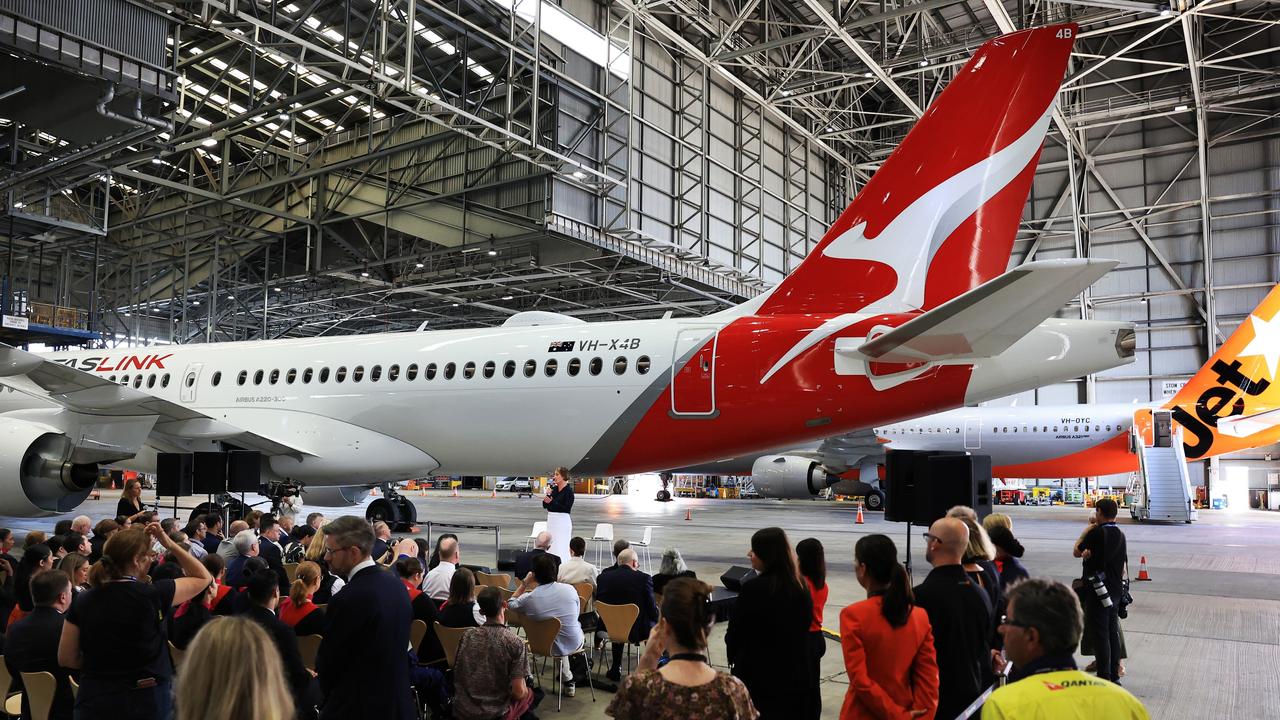
The airline revealed its domestic network increased its flying by five per cent in response to the ongoing recovery in business travel while premium leisure and resource sector demand remained strong.
However, while more flying saw its revenue increase by around three per cent, it said falling fares were a factor in underlying earnings before interest and taxes (EBIT) with a decline of 18 per cent to $641 million compared with early 2023.
It cited airport and security charges as one of the contributing factors. Meanwhile, Jetstar Domestic’s performance improved with an increase in flying by 15 per cent saw its underlying EBIT increase by 35 per cent to $175 million.
New fleet
Ms Hudson also introduced the QantsLink Airbus A220 aircraft which will start flying next month. She said it will have more “comfortable cabins”, are “much quieter” and have twice the range of the 717s they replace.
It has taken delivery of the first two of the 29 aircraft, which will steadily replace its long-serving fleet of Boeing 717.
More Coverage
It will have space for 137 passengers across two cabins, with 10 Business seats in a 2-2 configuration and 127 seats in Economy in a 2-3 configuration.
The A220 will fly between cities like Melbourne, Hobart, Brisbane and Canberra as well to key regional cities like Coffs Harbour and Launceston.
It will also have eight additional Airbus A321XLRs for Qantas Domestic bringing the total number on order to 28, with the first due to arrive in early 2025.
Read related topics:Qantas



